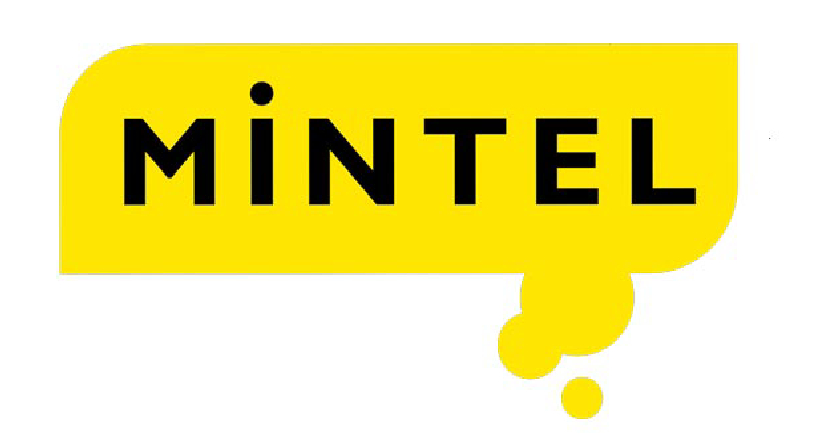Mintel, the experts in what consumers want and why, has today released new research analyzing the current economic environment compared to that of the Great Recession, including insight on the economic indicators that will play a role in predicting consumer spending in the months and years ahead.
While the economy is in decline today, the factors leading to the last recession, its duration, and lasting impact on consumers are (and will be) very different this time around.
Why this time it’s different
The Great Recession was largely impacted by failures in the housing and banking industries. Today, the crisis is out of human control, and one we can’t yet solve. What’s more, the financial system today is fundamentally sound, Americans are hyper-aware of economic repercussions and, due to the pandemic’s impact on lifestyles and skyrocketing jobless claims, consumers have adopted more conservative habits.
Fiona O’Donnell, Director, Mintel Reports US, said: “As the economic implications of COVID-19 unfold, Americans are simultaneously dealing with not only immediate concerns around physical health and lifestyle changes but also longer-term concerns about their financial health. Expect to see consumers evaluate their lifestyles and reduce discretionary spending. With economic recovery contingent on COVID-19 containment, consumer confidence will lag, followed by a sharp contraction later this year.”
Predicting consumer spending patterns
Mintel research spanning the 2007-09 recession and the years beyond, suggests there are four economic indicators that play an especially important role in predicting consumer spending patterns: unemployment, confidence, income, and savings rates.
Few factors are as influential on consumer optimism as the unemployment rate. Consumers often reduce spending when the rate increases due to concerns about their own job prospects as well as those of loved ones. Consumer sentiment is important to watch because as confidence drops, spending contracts.
“Fewer Americans working means less spending and a focus on the necessities. This downturn promises to alter consumer priorities beyond the recovery period. Perceptions of value will change and consumers will question whether premium-priced products are worth the additional cost. Although people are desperate to return to normal, after experiencing a slower pace of life, some may have a new appreciation for the simple things which could translate into less spending.
“The usual sectors like dining out, travel, out-of-home entertainment, and others that support personal indulgence have largely already been eliminated and consumers have learned that they can do without. Other former ‘necessities’ will come under question as the sphere of living grows tighter and doing more with less becomes the lens through which consumers must focus their decision making,” concluded O’Donnell.



